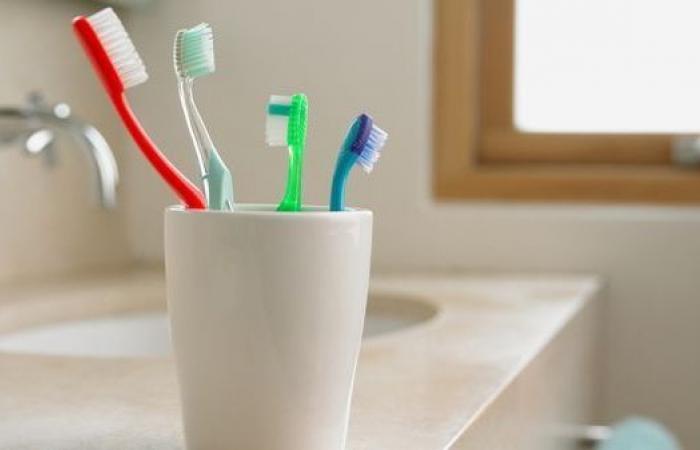American microbiologists have discovered an unsuspected biodiversity of viruses in our bathrooms, after rubbing cotton swabs on toothbrushes and shower heads to take samples in several dozen American bathrooms. Their work was published on Wednesday October 9, on the Northwestern University websitenear Chicago. After genetic analysis of the 120 samples collected, these scientists surprisingly discovered a very diverse and quite unexpected collection of 600 viruses which proliferate quietly under our noses every day.
Among these 600 viruses spotted in bathrooms, many were previously unknown. Each toothbrush or shower head represented a completely unique island of viral biodiversity.
However, we reassure readers who come out of the shower or are in front of their sink, these researchers tell us not to worry. Don’t panic, because these viruses are not harmful to our health. On the contrary, they could even be useful to us, because the analysis of their genome showed that we were essentially dealing with bacteriophage viruses, which we also call phages. They do not infect human cells, but they attack bacteria. These microbiologists notably identified in the samples a phage capable of attacking, for example, mycobacteria responsible for leprosy or chronic pulmonary infections.
The beneficial action of phages
This ability of phages to infect bacteria and eliminate them has been known for a century, but remains a very promising field of research. Understanding how these phages work could lead to the development of antimicrobial solutions which do not lead to antibiotic resistance.
According to Erica Hartmann, the researcher who coordinated this work, “Phages are fascinating, and arguably represent the next frontier in microbiology. It is better to look at them with curiosity than with concern.” No need to disassemble the shower to clean it or disinfect your toothbrush. In terms of hygiene, a regular brush change is sufficient, at least every three months. For cleaning the shower, let us point out that the authors of this work are not fans of antibacterial detergents or bleach, because according to them, these products can encourage the proliferation of increasingly resistant bacteria. For them, basic household cleaners are enough.






